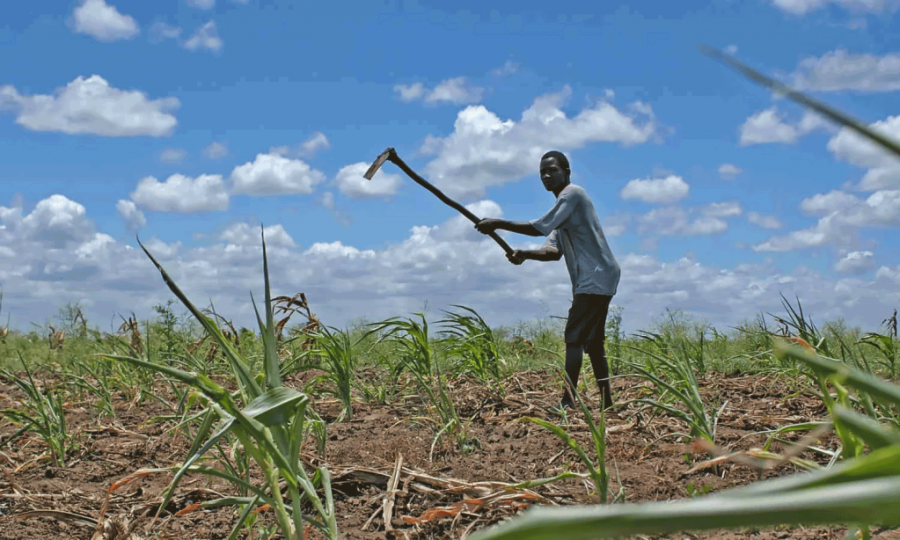The African Development Bank has approved a US$47 million grant for the first phase of Mozambique’s Pemba-Lichinga Integrated Development Corridor, a Special Agro-Industrial Processing Zone (SAPZ) in the north of the country.
The grant, from the African Development Fund, will help improve agricultural productivity and agribusiness development in the Niassa province by advancing institutional capacity, skills and entrepreneurship to spur agricultural value chain growth.
The initiative is in line with the Mozambique National Development Strategy 2015-2035, which seeks to improve the living conditions of the population through structural transformation of the economy and expansion and diversification of the production base. It is consistent with the concerted efforts of the international community to support Mozambique to promote inclusive economic growth and peacebuilding in the north.
SAPZs are integrated development initiatives designed to concentrate agro-processing activities within areas of high agricultural potential to boost productivity, integrate production, processing and marketing of selected commodities.
These zones will enable agricultural producers, processors, aggregators and distributors to operate in the same vicinity to reduce transaction costs and share business development services for increased productivity and competitiveness.
Coupled with bringing adequate infrastructure such as energy, water and roads to rural areas of high agricultural potential, SAPZs will attract investments from private agro-industrialists and entrepreneurs to contribute to the economic and social development of rural areas.
The project also aligns with the African Development Bank’s Country Strategy Paper 2018-2022 for Mozambique, with a focus on the northern provinces, and the Bank’s Feed Africa Strategy for agriculture transformation.
Commenting on the Board’s approval, Mozambique’s Minister of Industry and Trade, Carlos Mesquita, described the project as a “game-changer” that would transform the economy, promote social inclusion and foster peace by tackling important industry enabling factors such as infrastructure for development.
African Development Bank Country Manager for Mozambique, Cesar Augusto Mba Abogo, highlighted the importance of the SAPZs as a shared facility to enable agricultural producers, processors, aggregators and distributors to operate in the same neighborhood to reduce transaction costs, share business development services and increase productivity and competitiveness.
“SAPZs can promote the participation of small producers in value chains and value addition, thus offering an inclusive development model,” he stated.
The project will build on a long list of bank interventions in northern Mozambique to provide infrastructure and unlock the agricultural potential of the host corridor.
The most recent of these Bank-supported projects are the N13 Cuamba-Muíta and the N14 Montepuez-Ruaca roads linking the provinces of Cabo Delgado and Niassa, CLBrief reported.






